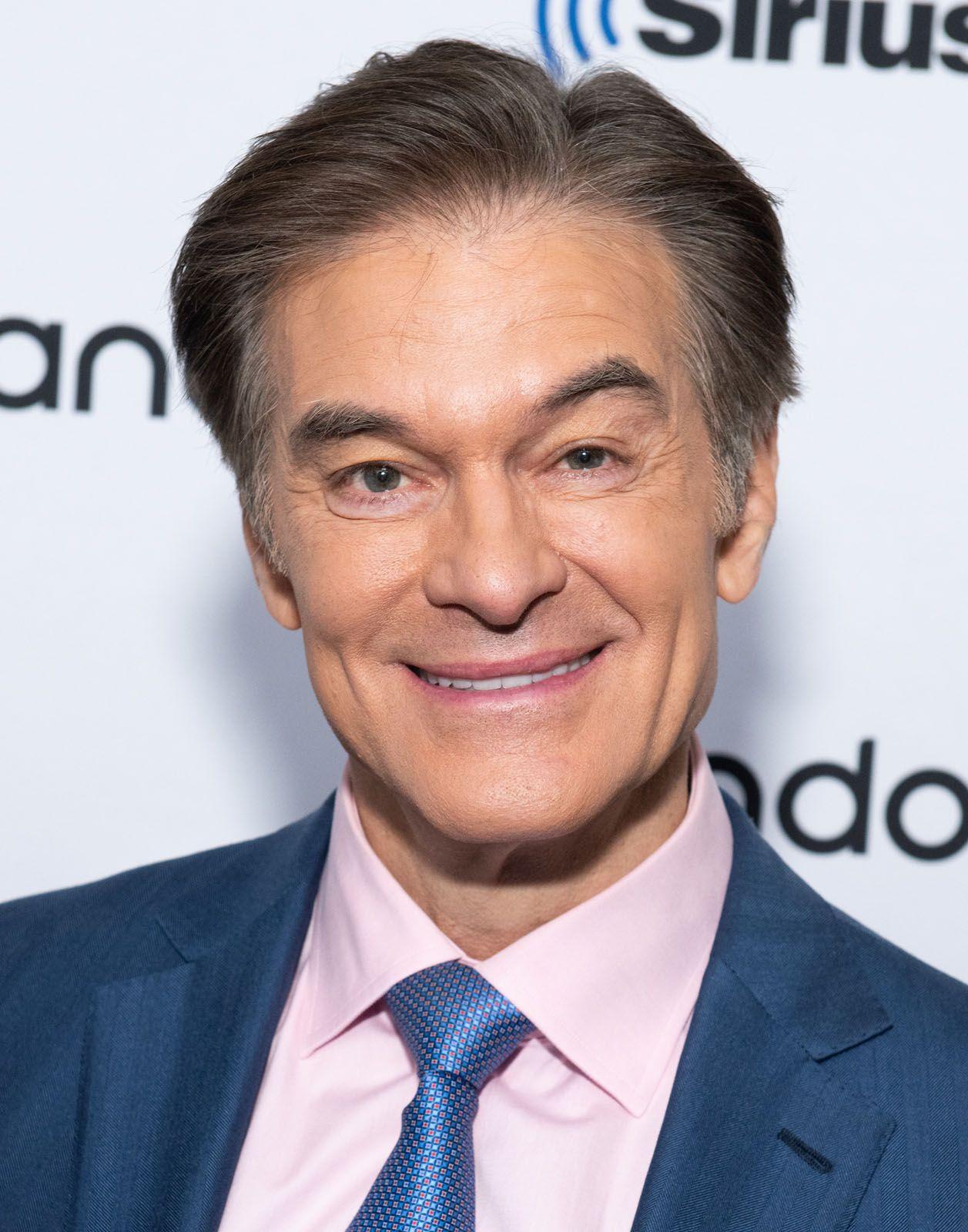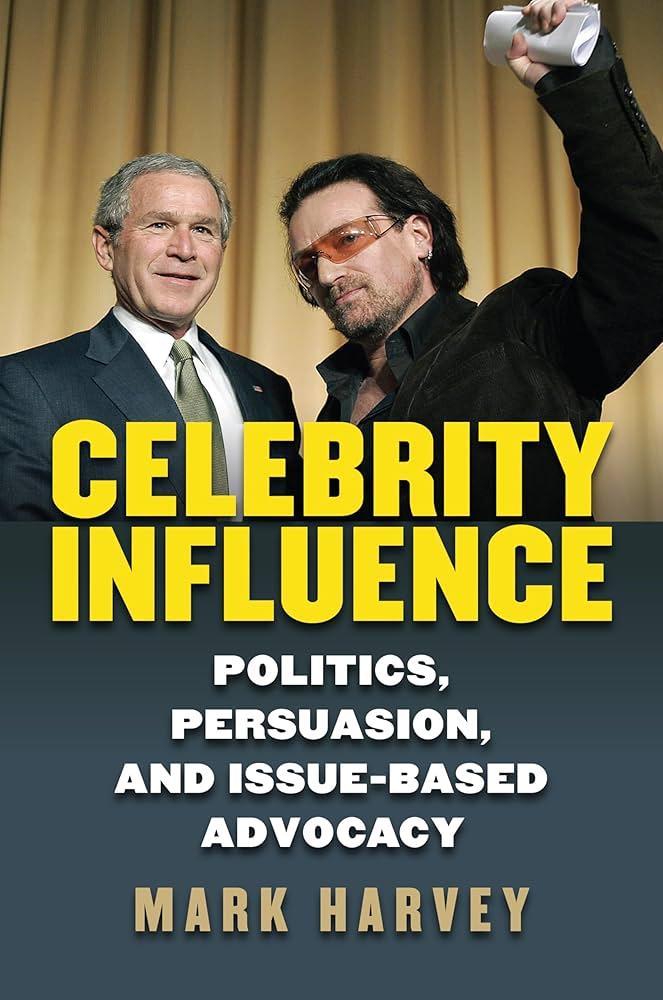In a political landscape marked by bold decisions and unexpected alliances, the recent appointment of Dr. Mehmet Oz by former President Donald Trump has ignited fervent discussions about the future of Medicaid in America. With Dr. Oz’s unique blend of celebrity status and medical expertise, his role in shaping healthcare policy raises pressing questions: Will his influence be a boon for the often-overlooked program, bringing fresh perspectives and innovative solutions? Or does his close association with Trump signal potential challenges that might threaten the very fabric of Medicaid’s mission to provide essential services to millions? As we navigate the complexities surrounding this appointment, it’s essential to dissect the implications and potential outcomes for one of the nation’s most vital healthcare programs.
The Role of Dr. Oz in Shaping Medicaid Policy Perspectives
Dr. Oz’s involvement in Medicaid policy discussions has stirred a considerable amount of debate among healthcare professionals, policymakers, and the public. As a well-known television personality and licensed physician, he brings a unique perspective to the table, often blending medical expertise with a popular understanding of health. His foray into policymaking may accelerate discussions on essential issues such as:
- Access to Care: Advocating for broader access to healthcare services for low-income populations.
- Preventative Health: Emphasizing the importance of preventive care measures integrated within Medicaid programs.
- Telehealth Expansion: Promoting telehealth solutions as a means to enhance healthcare delivery in underserved areas.
However, his celebrity status should not overshadow the complexities of Medicaid policy. Critics argue that while Dr. Oz may elevate the visibility of Medicaid issues, his approach lacks the depth needed to navigate its intricacies effectively. The true impact of his influence may hinge on his ability to translate his viewpoints into actionable policies, balancing the following considerations:
- Funding Levels: The challenge of securing adequate funding for essential services.
- Bipartisan Support: The necessity of garnering support from diverse political factions.
- Empirical Evidence: The importance of data-driven decisions in shaping effective Medicaid reforms.

Evaluating the Impact of Celebrity Influence on Healthcare Decisions
The intersection of celebrity influence and healthcare choices cannot be understated, particularly in light of high-profile appointments like Dr. Oz’s role in the Trump administration. The allure of celebrity can often overshadow critical healthcare discussions, leading to a simplified understanding of complex issues. In this scenario, several factors need to be considered:
- Public Perception: Celebrities like Dr. Oz can create a superficial familiarity with medical advice, which may promote engagement but also risks disseminating misinformation.
- Health Trends: Celebrity endorsements can spark public interest in specific health topics, but they may also lead to fads that lack scientific backing.
Additionally, their influence can extend beyond merely raising awareness. When a public figure weighs in on policy matters, it can mobilize varying demographics towards particular healthcare initiatives. However, this influence raises concerns about the following elements:
- Accountability: The lack of accountability in celebrity-driven health promotions can create challenges for professionals who adhere to evidence-based practices.
- Legitimacy: The credibility of healthcare decisions can become compromised when celebrity status takes precedence over scientific expertise.
| Pros of Celebrity Influence | Cons of Celebrity Influence |
|---|---|
| Increased Awareness | Potential Misinformation |
| Promotion of Health Topics | Fad Diets and Treatments |
| Public Engagement | Undermining Experts |
Navigating Challenges: Potential Risks for Medicaid Under Ozs Leadership
As Dr. Oz steps into a leadership role under the Trump administration, there are a range of potential risks that could reshape the landscape of Medicaid. One of the most pressing concerns revolves around funding and resource allocation. With the current emphasis on austerity measures, Medicaid could face significant reductions in funding, which may lead to fewer services for vulnerable populations. Stakeholders in the healthcare system need to remain vigilant about how decisions during Oz’s tenure might prioritize budget cuts over the critical needs of those who rely on Medicaid. This could further exacerbate health disparities, particularly in underserved communities.
Moreover, the approach to healthcare policy reform under Oz’s leadership may usher in changes that favor private sector involvement, redirecting resources and attention away from public health initiatives. Initiatives could include a shift towards block grants, which might appear beneficial at first glance but could limit the flexibility and effectiveness of Medicaid in addressing the unique healthcare needs of populations. Concerns also arise surrounding potential regulatory rollbacks, which could compromise service quality and accessibility. The uncertainty of these policy changes demands careful scrutiny from advocates and policymakers alike, as the implications could resonate across the healthcare system for years to come.
Strategic Recommendations for Effective Medicaid Advocacy and Reform
To navigate the potential implications of Dr. Oz’s appointment on Medicaid, it’s crucial for advocates and stakeholders to adopt a proactive approach. One effective strategy is to foster collaboration among diverse healthcare organizations. By aligning interests, groups can amplify their voices and present a unified stance on Medicaid’s importance in delivering affordable healthcare services. Furthermore, it’s essential to take advantage of data-driven narratives, equipping advocates with solid statistics and real-life stories that exemplify Medicaid’s vital role. These narratives can help sway public opinion and influence policy-makers, ensuring that the needs of the most vulnerable populations continue to be prioritized.
Advococates should also focus on engaging with local communities to gather insights into their specific needs and experiences with Medicaid. This grassroots approach can create a feedback loop that informs policy changes and ensures that reform efforts are grounded in real-world realities. Additionally, leveraging digital platforms and social media can enhance outreach efforts, allowing advocates to reach a broader audience and engage younger demographics. Incorporating educational campaigns that demystify Medicaid and its processes can empower patients, equipping them with knowledge to advocate for themselves and others. Together, these strategies can create a resilient framework for effective Medicaid advocacy amidst political shifts.
Q&A
Q&A: Trump’s Dr. Oz Appointment – A Threat or Boon for Medicaid’s Future?
Q: What was the recent appointment made by former President Trump regarding Dr. Oz? A: Former President Trump appointed Dr. Mehmet Oz, a prominent television personality and physician, to a significant advisory position focused on health policy. The move has sparked debates about its implications for Medicaid and broader healthcare policies.
Q: Why is Dr. Oz a controversial figure in health policy discussions? A: Dr. Oz is often viewed as a polarizing figure due to his blend of medical expertise and media persona, which has led him to promote a range of health topics. Some critics argue that his promotion of alternative medicine undermines scientific consensus, while supporters appreciate his aim to make health information accessible to the public.
Q: In what ways could Dr. Oz’s appointment impact Medicaid? A: The impact on Medicaid could vary significantly. Supporters of the appointment hope that Dr. Oz’s innovative ideas might lead to reforms that improve access to care and modernize the system. Conversely, critics fear he may prioritize flashy health trends over evidence-based medicine, potentially jeopardizing patient safety and Medicaid’s integrity.
Q: What are the concerns among policymakers regarding this appointment? A: Some policymakers express concern that Dr. Oz’s appointment could steer Medicaid towards less conventional treatment options, risking the program’s alignment with established medical practices. Additionally, there’s apprehension about the influence of celebrity on healthcare policy, which may overshadow critical evidence-based discussions.
Q: Are there any potential benefits to having Dr. Oz in a healthcare advisory role? A: Yes, potential benefits include the ability to harness Dr. Oz’s platform to raise awareness about critical health issues, especially among populations that may distrust traditional medical advice. His outreach might also engage younger audiences and create initiatives that encourage preventive care, which could ultimately benefit Medicaid.
Q: How do experts view the future of Medicaid under Dr. Oz’s influence? A: Opinions among experts are mixed. Some believe Dr. Oz’s creative approaches could initiate valuable conversations about healthcare access and patient engagement. Others fear that his focus on popular health trends could divert essential resources and attention away from the underlying issues facing the Medicaid program.
Q: What is the overall sentiment regarding the appointment as of now? A: The sentiment surrounding Dr. Oz’s appointment remains divided. Supporters and critics alike recognize its potential to reshape discussions in health policy but remain uncertain about the long-term implications for Medicaid—provoking crucial conversations about the balance between popular opinion and scientific integrity in healthcare.
Q: What can interested readers expect to see moving forward in this discussion? A: Readers can expect ongoing debates as stakeholders evaluate the practical effects of Dr. Oz’s initiatives on Medicaid. Future discussions will likely cover policy proposals he may advocate and their alignment with evidence-based practices, as well as responses from various health organizations and consumer advocacy groups. — This Q&A format serves to clarify key points surrounding Trump’s appointment of Dr. Oz and encourages critical engagement from readers as the situation develops.
Wrapping Up
the appointment of Dr. Mehmet Oz by Donald Trump stirs a pot of intrigue and uncertainty for the future of Medicaid. As we navigate the ever-evolving landscape of healthcare in America, the implications of this decision beckon further examination. Will Dr. Oz’s celebrity status and medical background translate into effective advocacy for the underserved, or does it signal the potential for policy directions that stray from the program’s original mission? As stakeholders—patients, policymakers, and providers—await the unfolding of these events, one thing remains clear: the ongoing dialogue about Medicaid’s role in our society is far from over. Whether the impact of this appointment will represent a threat or a boon to the program is a question that invites thoughtful discussion in the months to come. The road ahead may be fraught with challenges, but it also brings opportunities for innovation and reform that could reshape the very fabric of healthcare access in America. As we turn our gaze to what lies ahead, we must remain vigilant, engaged, and committed to ensuring that the voices of those who rely on Medicaid are heard.